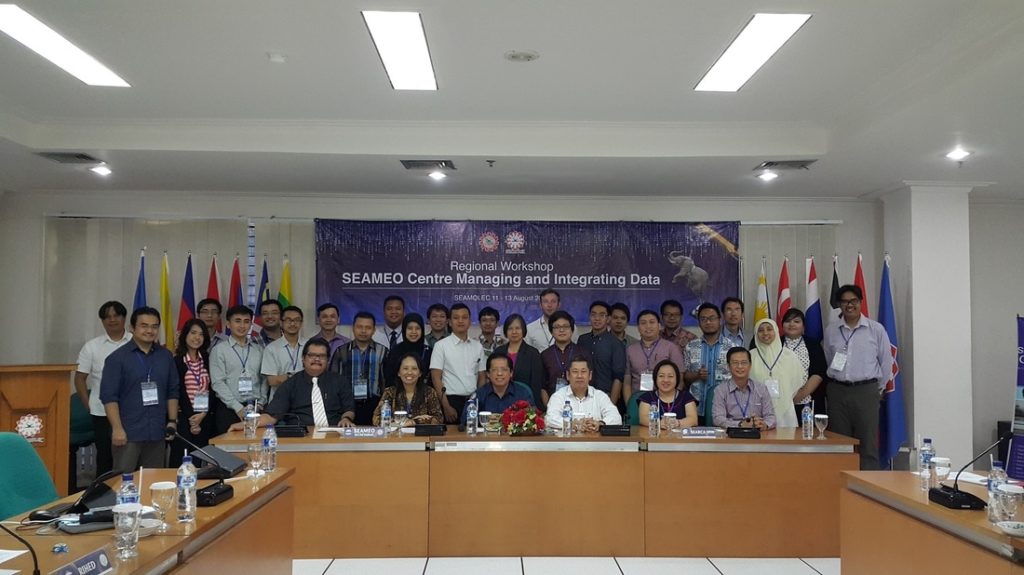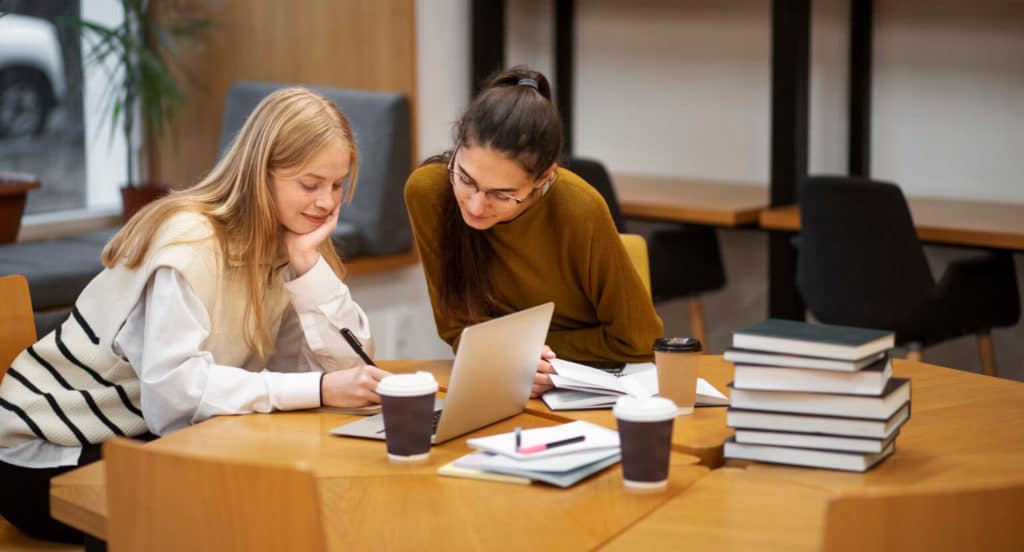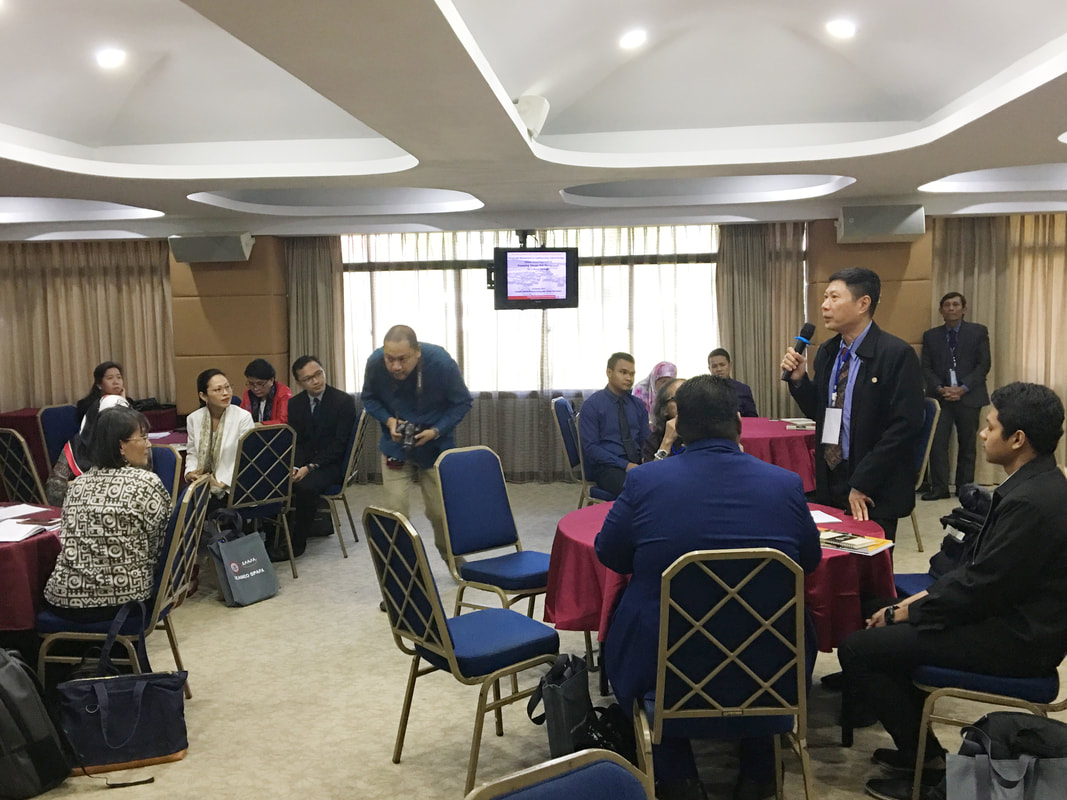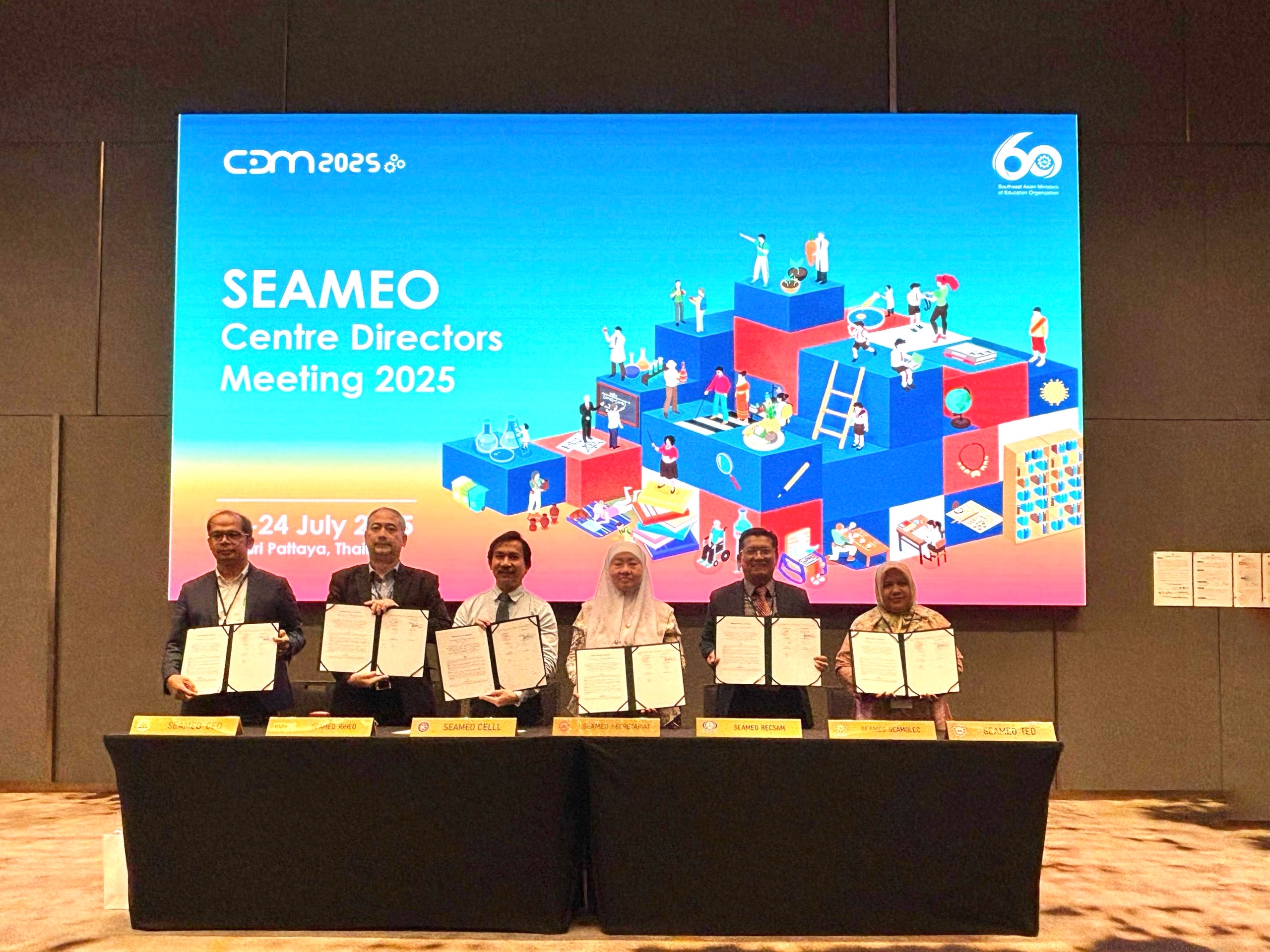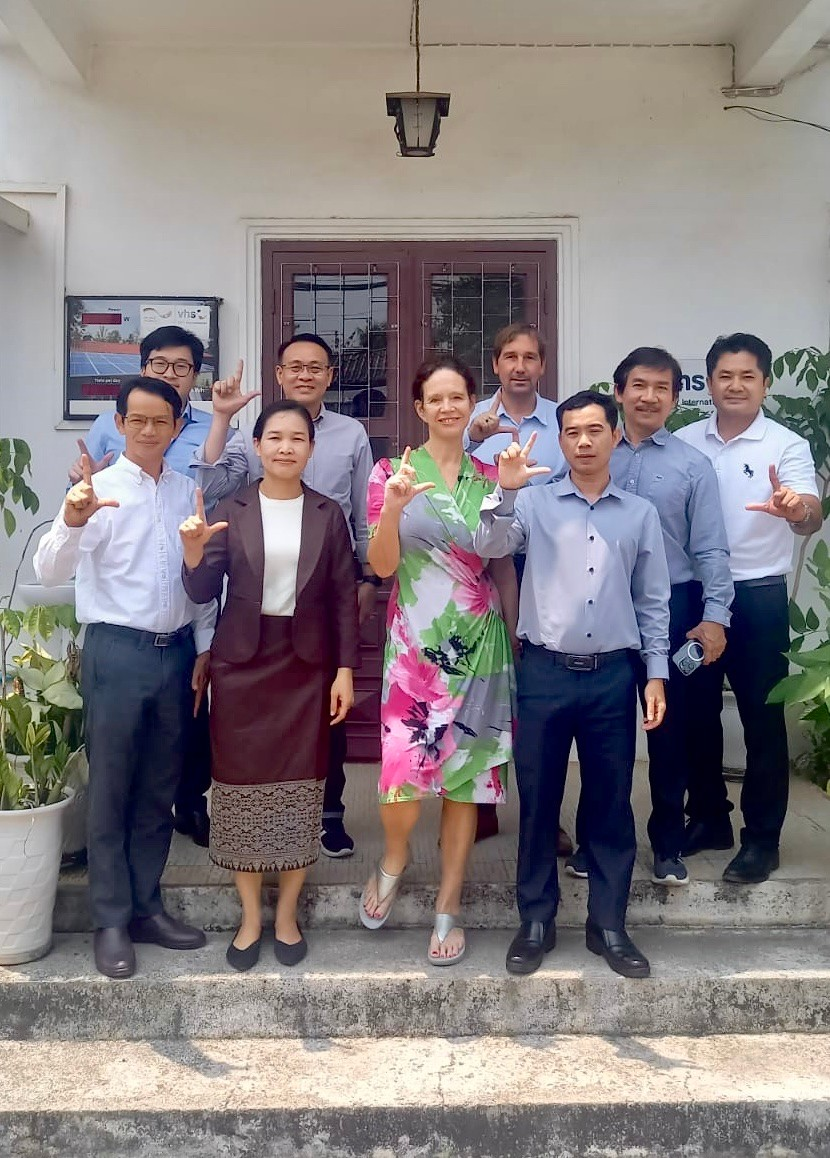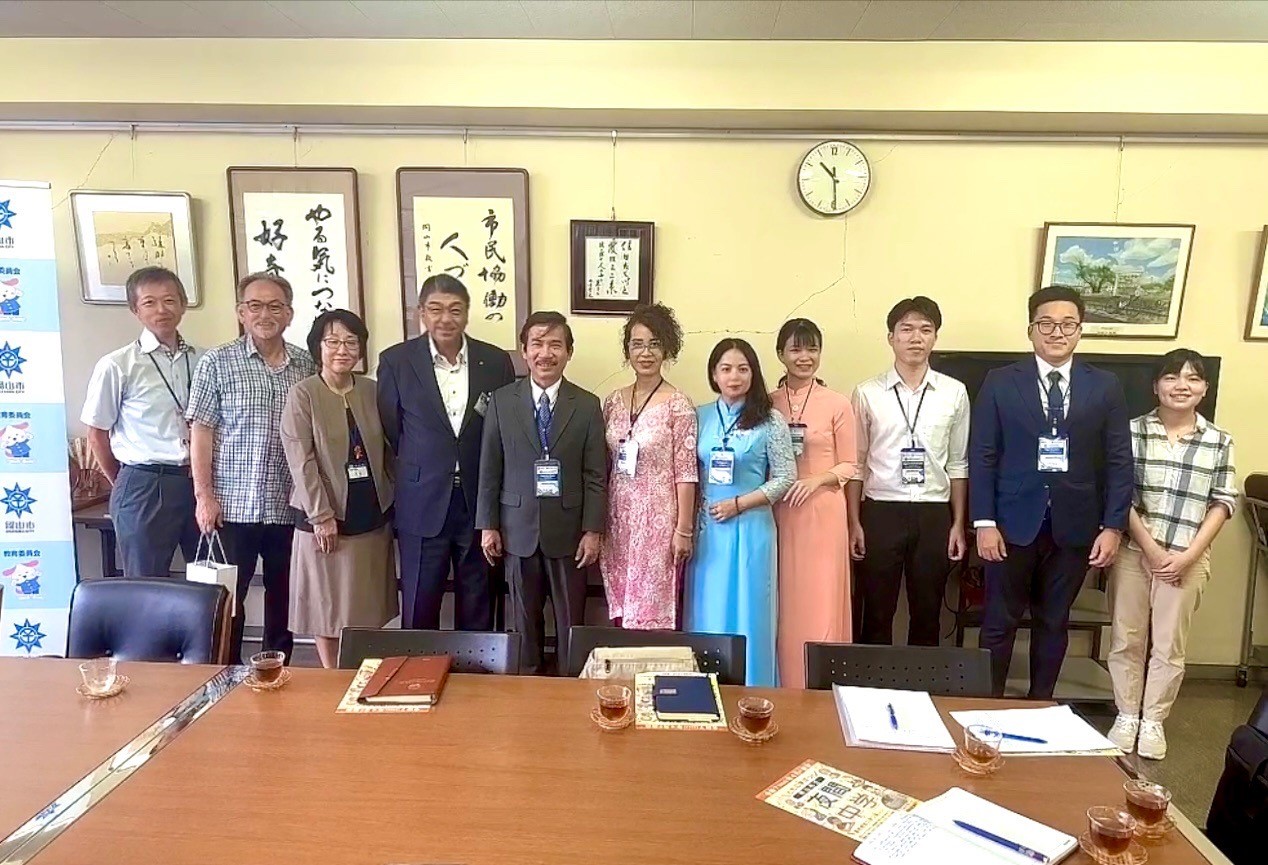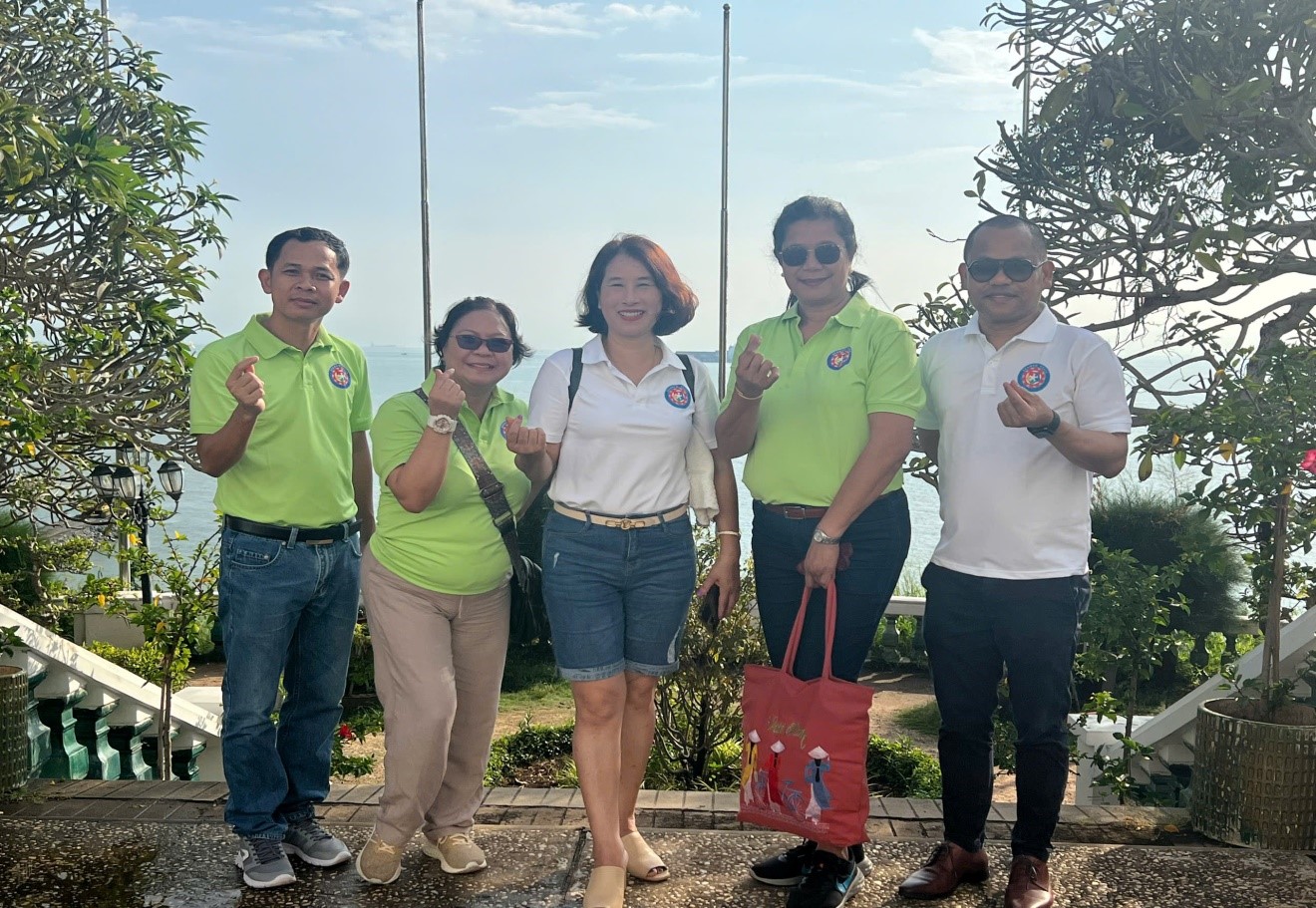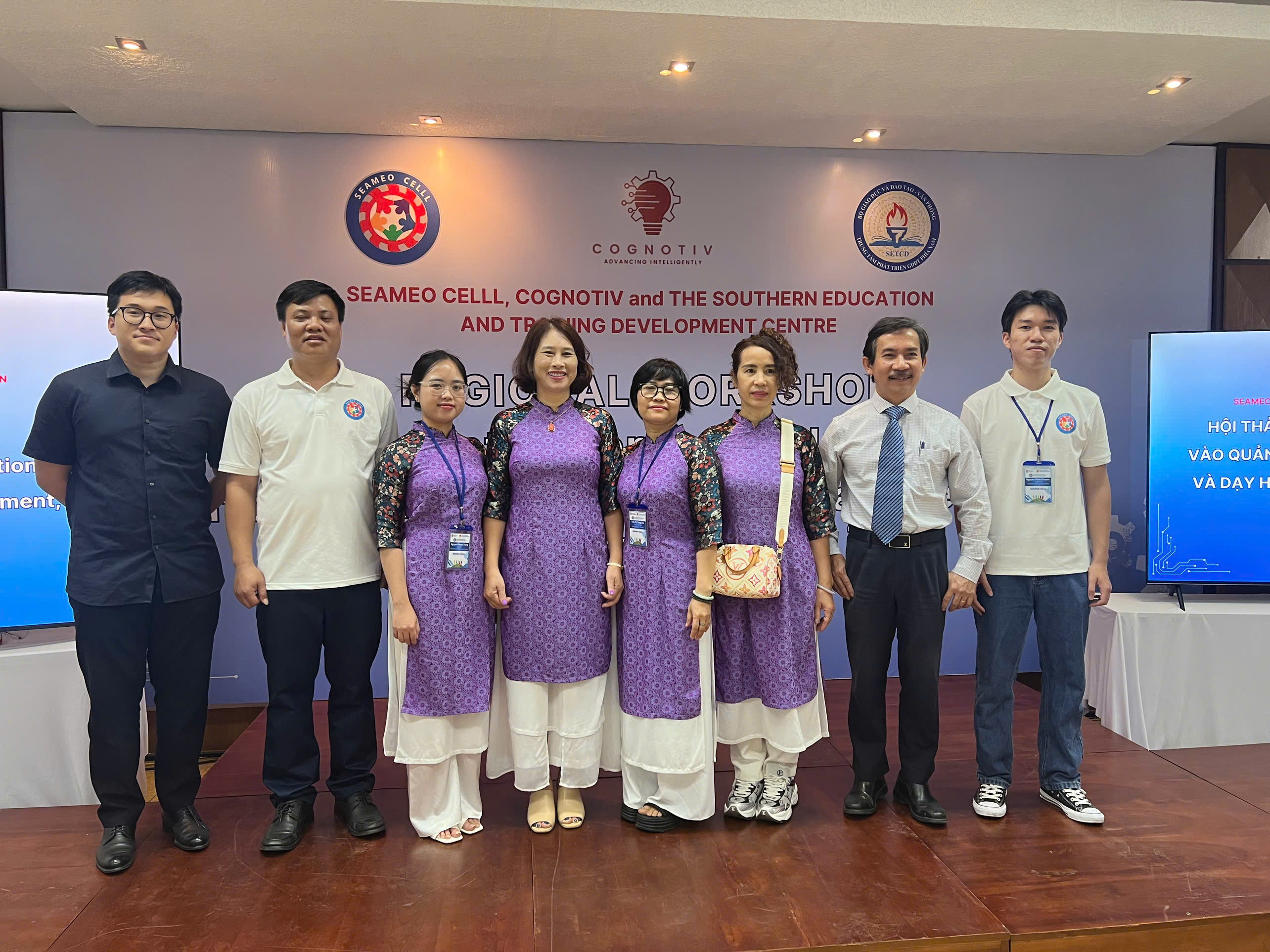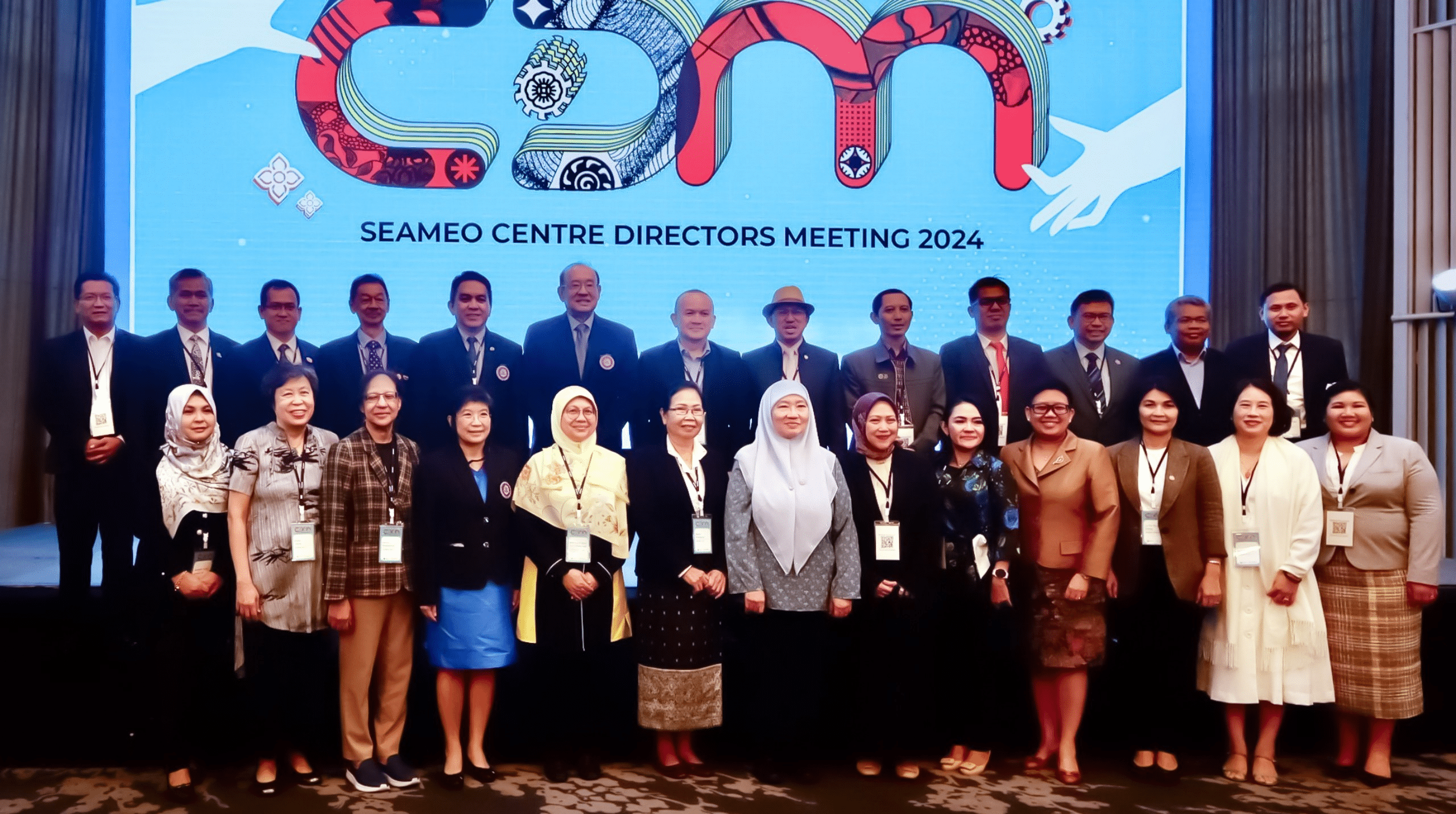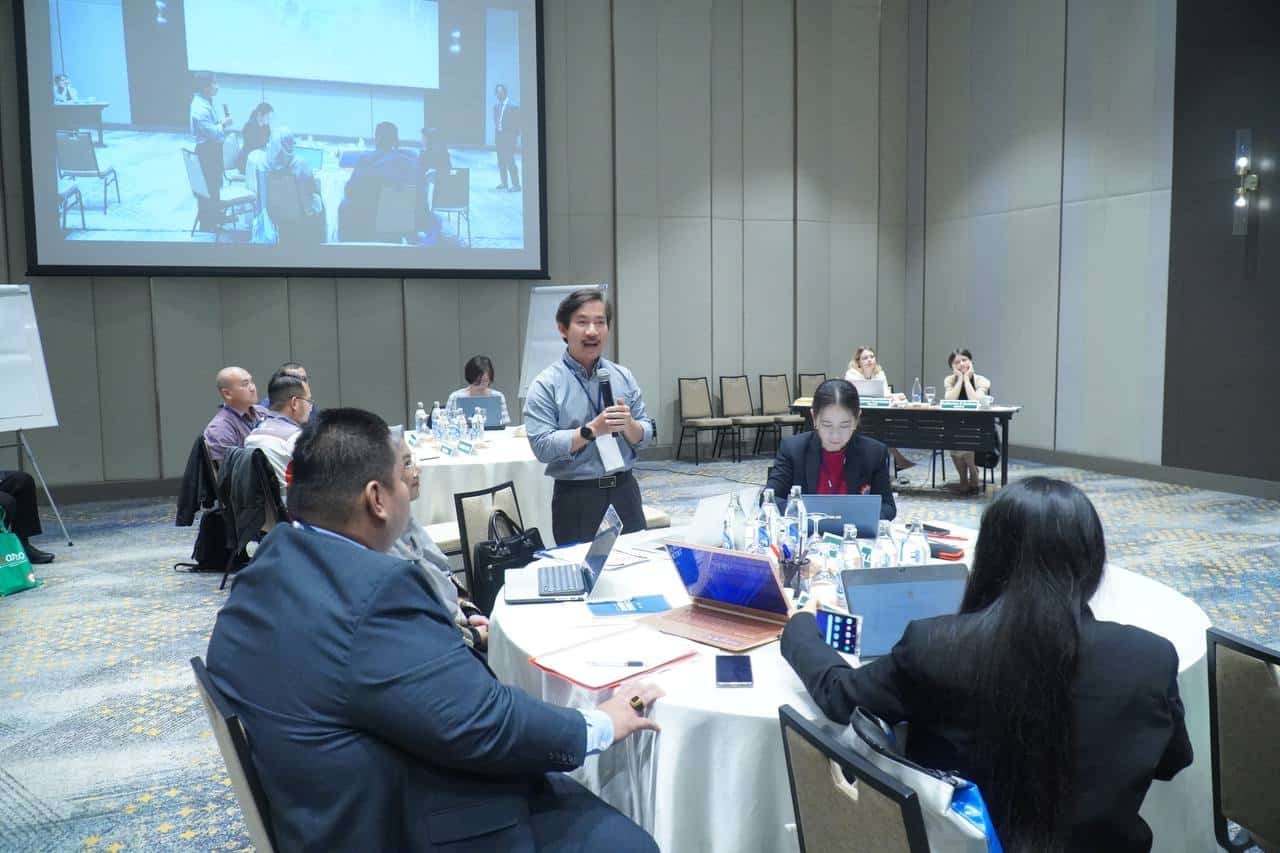SEAMES representative raising issues for consideration
On 28 and 29 January 2019, SEAMEO Regional Centre for Archaeology and Fine Arts (SPAFA) Thailand in collaboration with SEAMEO Regional Centre for Vocational Training (VOCTECH) BRUNEI Darussalam organised the consultative meeting for their project School-Based Approach in Promoting Disaster Risk Management for Cultural Heritage in Bendar Seri Begwan, Brunei. Ideas for the project sparked in the Youth Leadership Forum in 2016, when concern over the threat of fire to Kampong Ayer was raised. Since then, SEAMEO SPAFA has been contemplating on “Conservation in the Tropics” with case studies of places in various countries, one of which is Brunei Darussalem.
The meeting witnessed the participation of Ambassador of the Federal Republic of Germany to Brunei Darussalam Peter Wolff, SEAMEO CELLL, SEAMEO CHAT, SEAMEO INNOTECH, SEAMEO SPAFA, SEAMEO VOCTECH, Universiti of Brunei, ICCROM, R-DMuch, KMITL. A thick body of reports on initiatives on ways to integrate knowledge of nature and human-induced disasters were shared for comments. Mr Khau Huu Phuoc, Manager of SEAMEO CELLL Research and Training Department, contributed his knowledge in an panel discussion on the role of lifelong learning in maintaining cultural heritage.
The meeting featured a site visit to the cultural heritage Kampong Ayer, a water village with a history of over 1,000 years in the capital of Brunei. The village has been shrinking over the past decade due to various reasons, to name a few, sub-standard living conditions, lure of jobs in companies, migration, marriage to people outside the community, and the threat of disasters. If the village is to be sustainable, measures will have to be taken, and this must be done soon. Besides Kampong Ayer, the participants also visited Awang Semaun Secondary School, where environment-awareness raising activities are promoted among students.
The project School-Based Approach in Promoting Disaster Risk Management for Cultural Heritage is in line with SEAMEO Seven Priority Areas (2015-2035), particularly Priority Area 3 on resiliency in the face of emergencies. It aims to initiate ways to engage school children, teachers and staff, parents and communities in reducing the impact of disaster on their cultural heritage.

